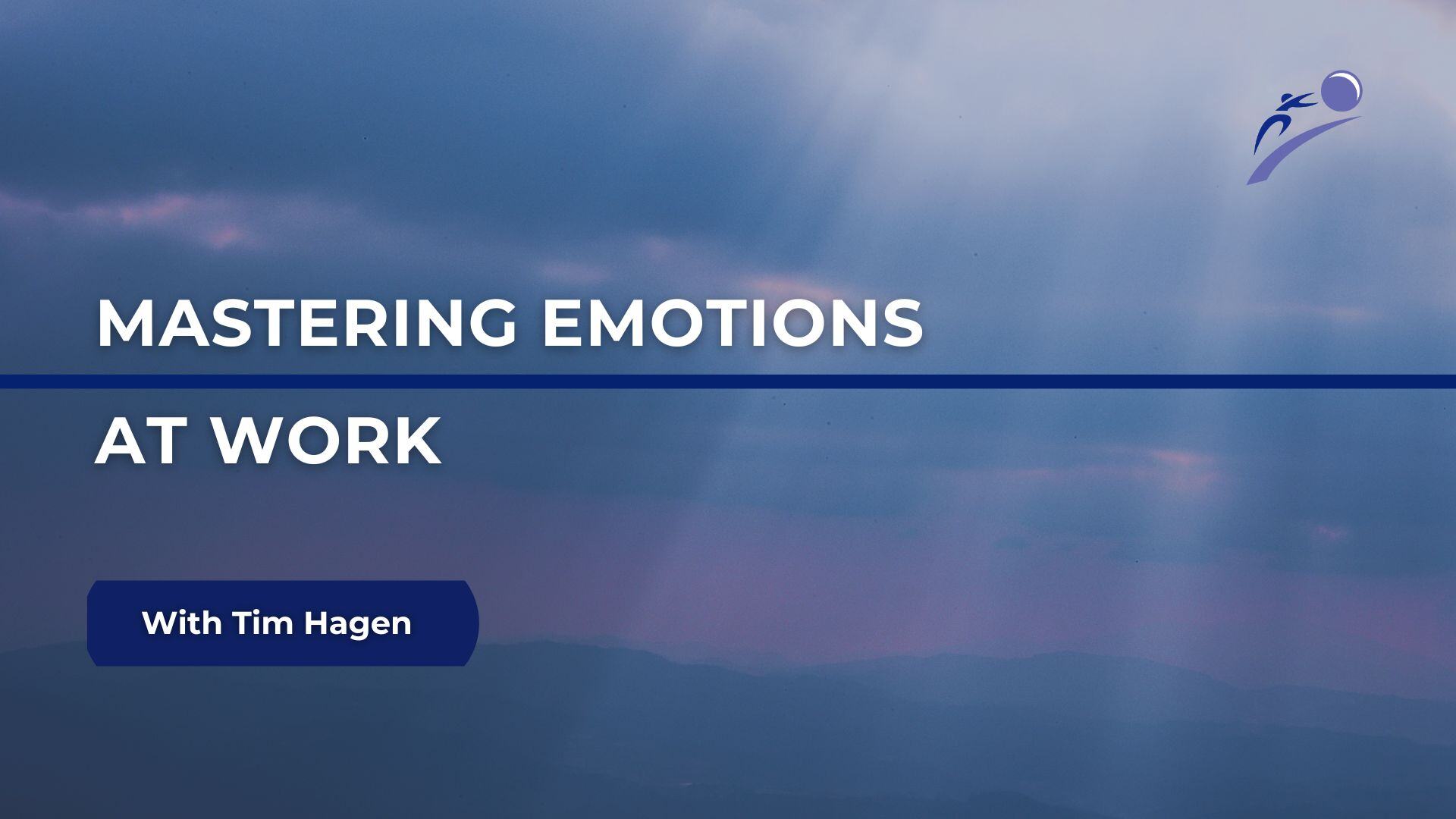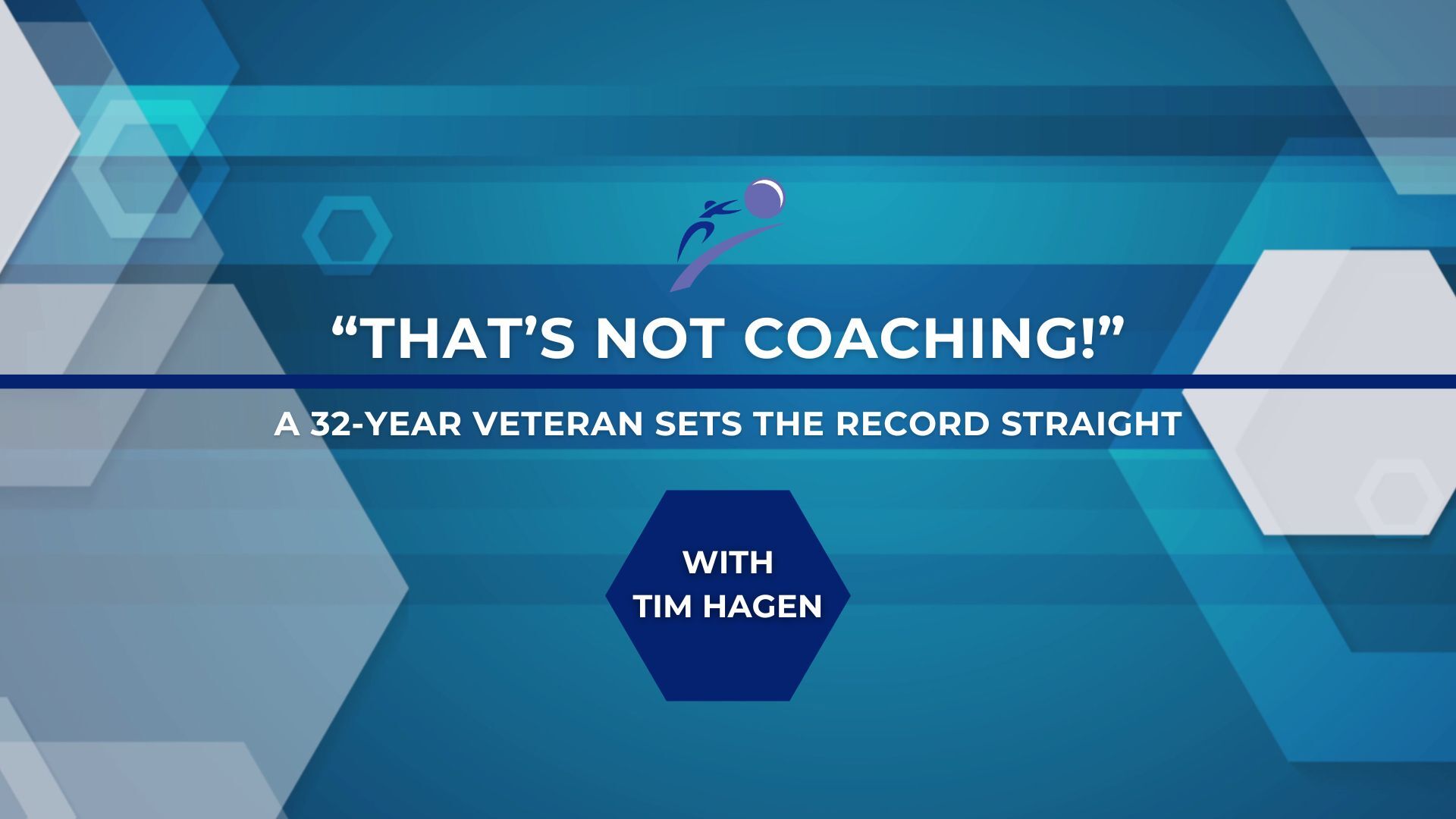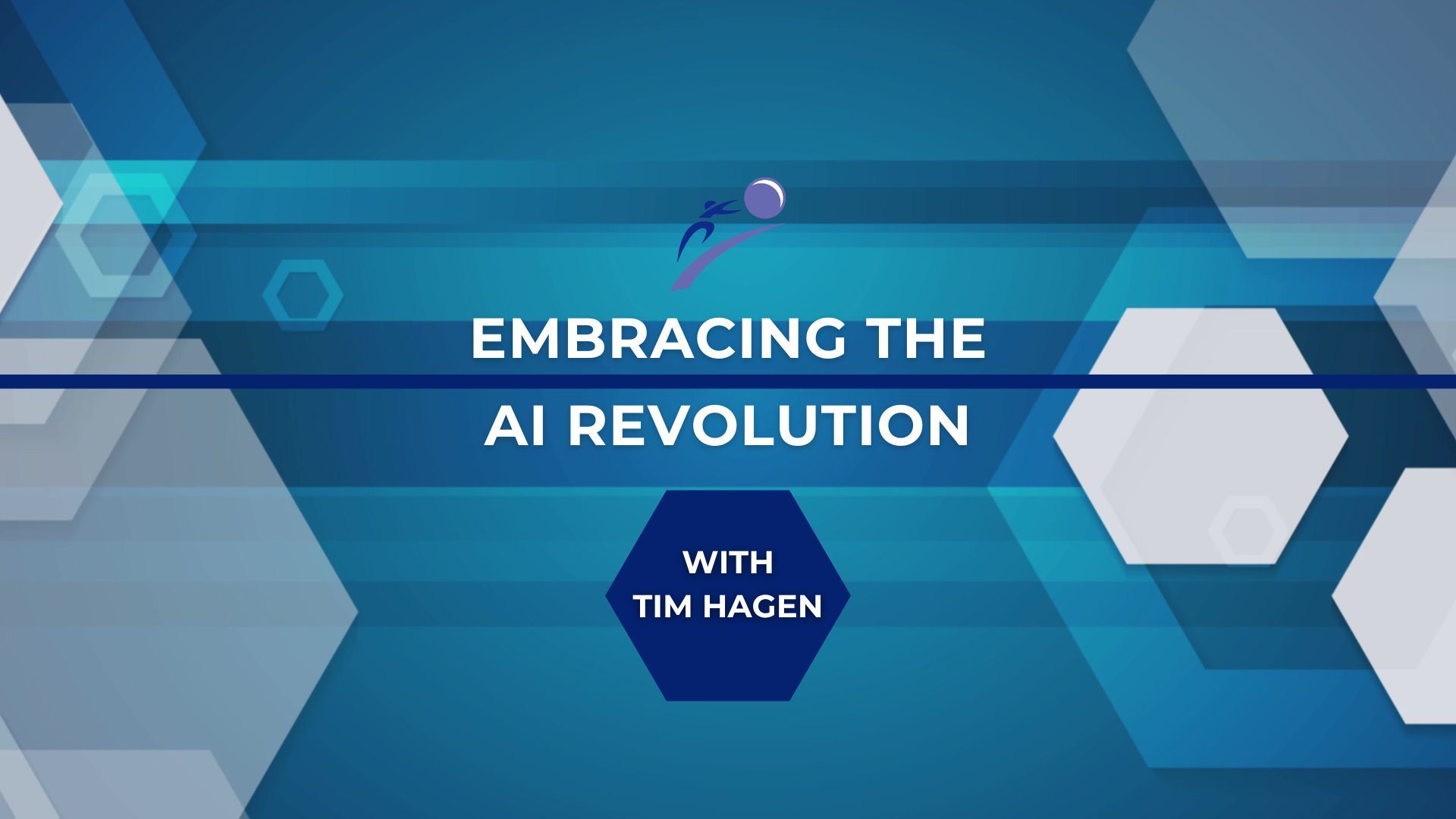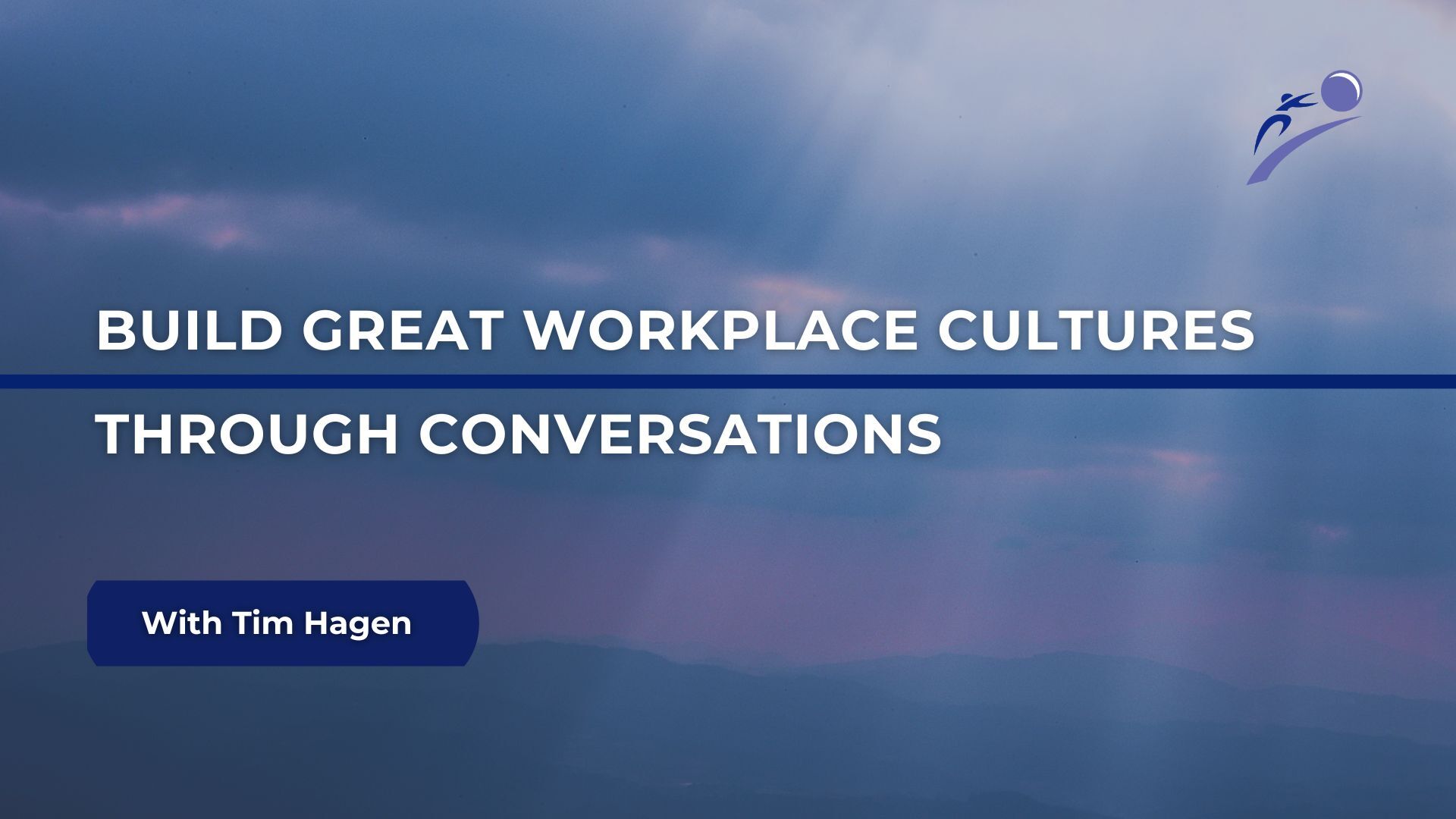When we think about emotional intelligence (EQ), it's really about understanding your emotions. Most people, especially in high school or college, don't typically attend semester year-long courses in emotional intelligence. Yet what if they would? What if they could? What if universities offered it? What a wonderful opportunity.
The most common inhibitor in the workplace is a lack of self-awareness. Is the top issue that most people struggle with, after three decades in leadership coaching.
Let me prove that to you. When you give somebody feedback that's constructive, has anyone ever said, "Thank you, I didn't know I had that issue. I appreciate it. Can I hug you?"
I hope you're laughing. We all know what people typically respond with most often. "Huh. Give me an example," and then try to think of an excuse to explain it away or prove the other person wrong.
There are five main components to emotional intelligence:
-
Self-awareness - looking in the mirror and being honest.
-
Self-regulation - not being interruptive and disruptive.
-
Empathy - showing care for what somebody else is going through.
-
Motivation - understanding your true motivation.
-
Social skills - interacting and communication with others effectively.
Let's start with social skills. When you're talking to somebody, have you ever noticed that they're thinking about something else, looking at their phone, or otherwise distracted and then they say "Oh, no, it's ok. I'm listening, keep going." There's a lack of self-awareness of how they are creating a disconnect. It can actually lead to volatility between people. It can create conflict. Conversations and the way we interact absolutely affect what goes on in the workplace.
Emotional intelligence (EQ) is about human beings becoming intelligent about their emotions. Once we have that intelligence and that understanding, now we have a wonderful opportunity to improve it.
Personally, one of my lowest scores in EQ is empathy. I've always embodied the concept of "Just work through it. You've got to grind and have grit." Yet, that is a naive way of thinking, and that doesn't always apply to everybody.
What we tend to do is look at things from a me-centric filter. "Here's what I do and how I handle that situation." That's not transferable to everybody. Otherwise, we'd all be robots.
The greatest gift we can give ourselves that will skyrocket someone's career is the ability to understand emotional intelligence effectively. Start with self-awareness. Ask people questions for feedback. Truly listen without interrupting. Say thank you and reflect. Resist the urge to rebuttal or battle. There is a huge opportunity for every employee.
It's been estimated that 85% of people significantly lack self-awareness, according to Tasha Eurich in the New York Times Bestseller, Insights. What if that number was reversed? Imagine how much more productive, effective and successful workplaces would be.
Join the Workplace Coaching Times weekly insights! We are a community of leaders, managers, and coaches transforming workplace challenges into coaching victories—one conversation at a time. If you'd love to see quick tips, strategies and advice from leading industry experts on workplace development, career development, career coaching and skill enhancement for leaders, you definitely want to see this. Curated weekly.





